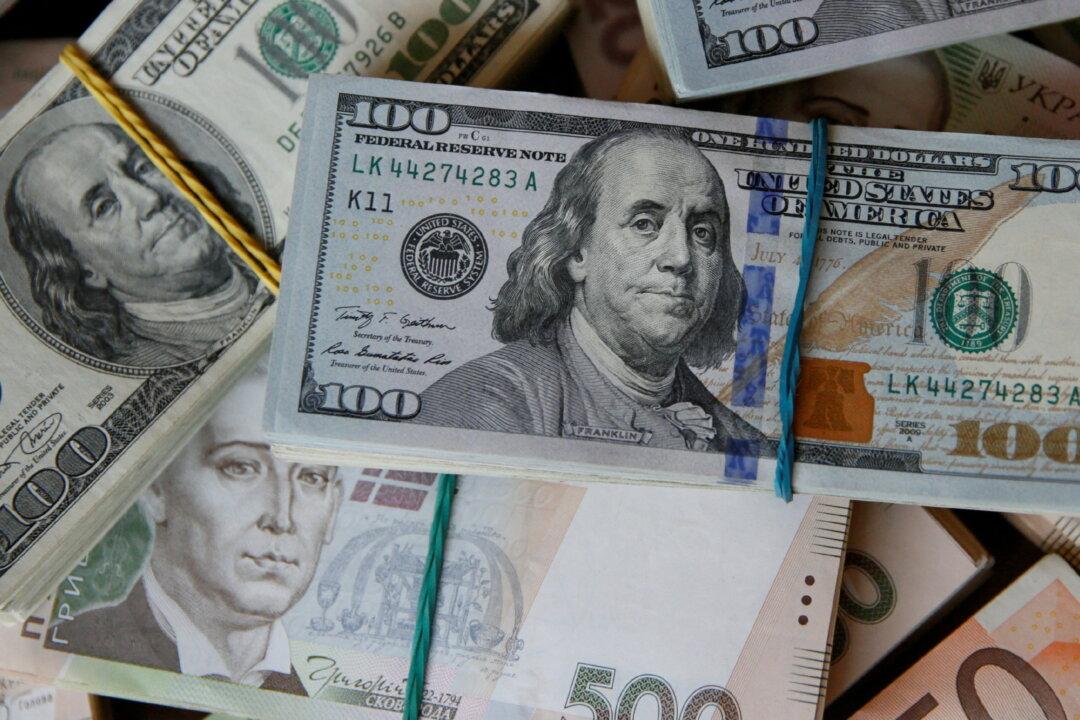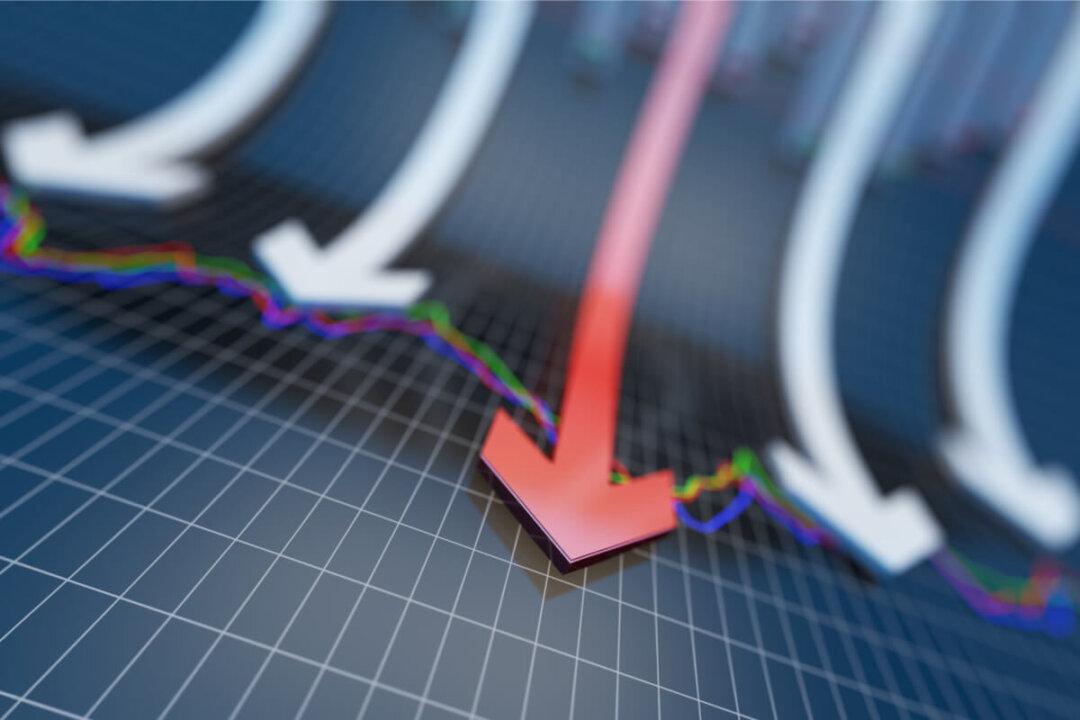Commentary
Since the outbreak of the Russia-Ukraine war pushing up European inflation, there has been consensus that Europe will be economically worse than other continents. While everyone is saying Europe’s recession will be very severe, the United States on the other hand is confident that it will be able to avoid recession, and even if not, it won’t be severe at all. To see how true it is, the best is to compare Europe’s economic performance relative to the U.S. Charting them together is easy, but many time series go up and down together without giving a meaningful conclusion.





